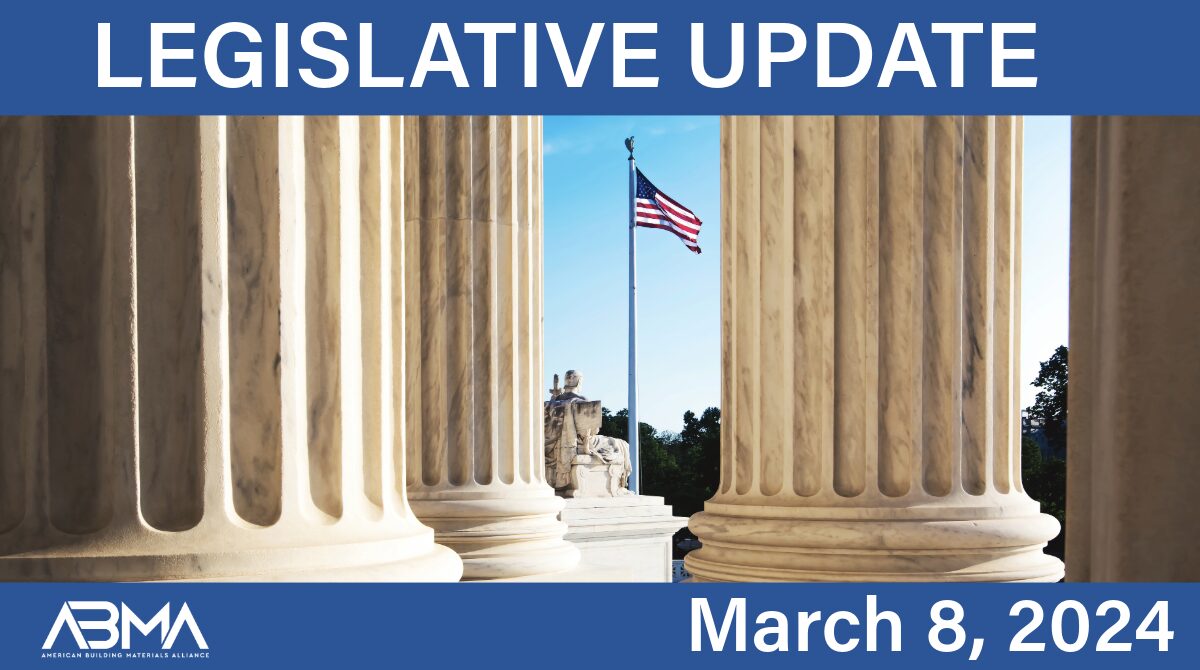House Passes $460 Billion Spending Bill
On Wednesday, the House passed a fiscal year 2024 package of spending bills to fund a number of government agencies through September 30. The $460 billion legislation passed on a 369-85 vote and is expected to clear the upper chamber and be sent to the President before Saturday, when funding for these agencies expires.
The bill would set final spending levels for this year for roughly a quarter of federal agency funding, with appropriators working to complete the rest of fiscal 2024 bills to avoid a funding lapse for the remaining agencies which are currently funded through March 22.
Included in the bill are funds for the departments of Agriculture, Interior, Commerce, Justice, Transportation, Housing and Urban Development, Energy, Veterans Affairs as well as the EPA, FDA and NASA.
Focus has now turned toward forging consensus on the remainder of FY 2024 spending bills for departments and agencies. Interestingly, and a telling indication of how dysfunctional the current appropriations process has become, the Fiscal Year 2025 appropriations process is also kicking off now with offices already opening their submission portals for appropriations requests.
Federal Judge Strikes Down Corporate Transparency Act
Late last week, a federal judge ruled in favor of the small business community in striking down the Corporate Transparency Act as unconstitutional. The court challenge was brought by the National Small Business Association alleging that the CTA violates a whole host of protections for businesses.
ABMA has summarized the CTA, which took effect at the beginning of this year, in previous updates, but in short, the relatively obscure statute imposes a number of recordkeeping and reporting requirements on small and medium-sized businesses. It was enacted in 2021 as part of that year’s National Defense Authorization Act (NDAA) and was meant to address fraudulent schemers where illegal actors were setting up shell corporations to hide illicit and/or illegal activity. Unfortunately, the blunt instrument that is the CTA captured over 32 million entities-virtually every small business in the country.
The decision will almost certainly be appealed by the Department of Justice, but for now the business community can take a deep breath and not have to worry about complexities of dealing with FinCEN (Department of Treasury’s financial crimes unit) and what arcane information must be collected and reported. We will continue to follow developments as the legal process unfolds.
President’s State of the Union
The President delivered his final State of the Union (SOTU) speech of his current term last evening. One of the notable points we wanted to flag is his remarks about affordable housing and tax credits to encourage homeownership and help first-time home buyers. The fact sheet around the Administration’s proposals may be found here.
In short, the President called for a $10,000 tax credit for both first-time homebuyers and those who sell their starter homes; the construction and renovation of more than 2 million additional homes, and cost reductions for renters.
ABMA will continue to monitor action in this space and will keep you apprised of developments.




